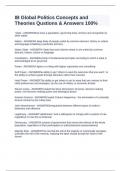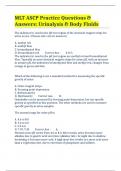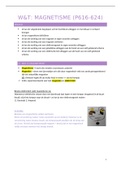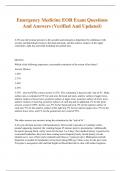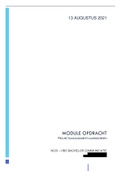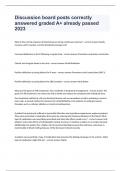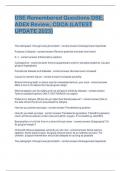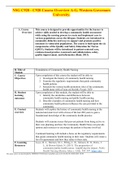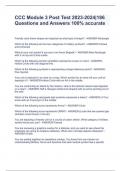Exam (elaborations)
IB Global Politics Concepts and Theories Qustions & Answers 100%
- Course
- Institution
State - ANSWERMust have a population, governing body, territory and recognition by other states Nation - ANSWERA large body of people united by common descent, history or culture and language inhabiting a particular terrirtory Nation State - ANSWERA State that most citizens share or are unite...
[Show more]
